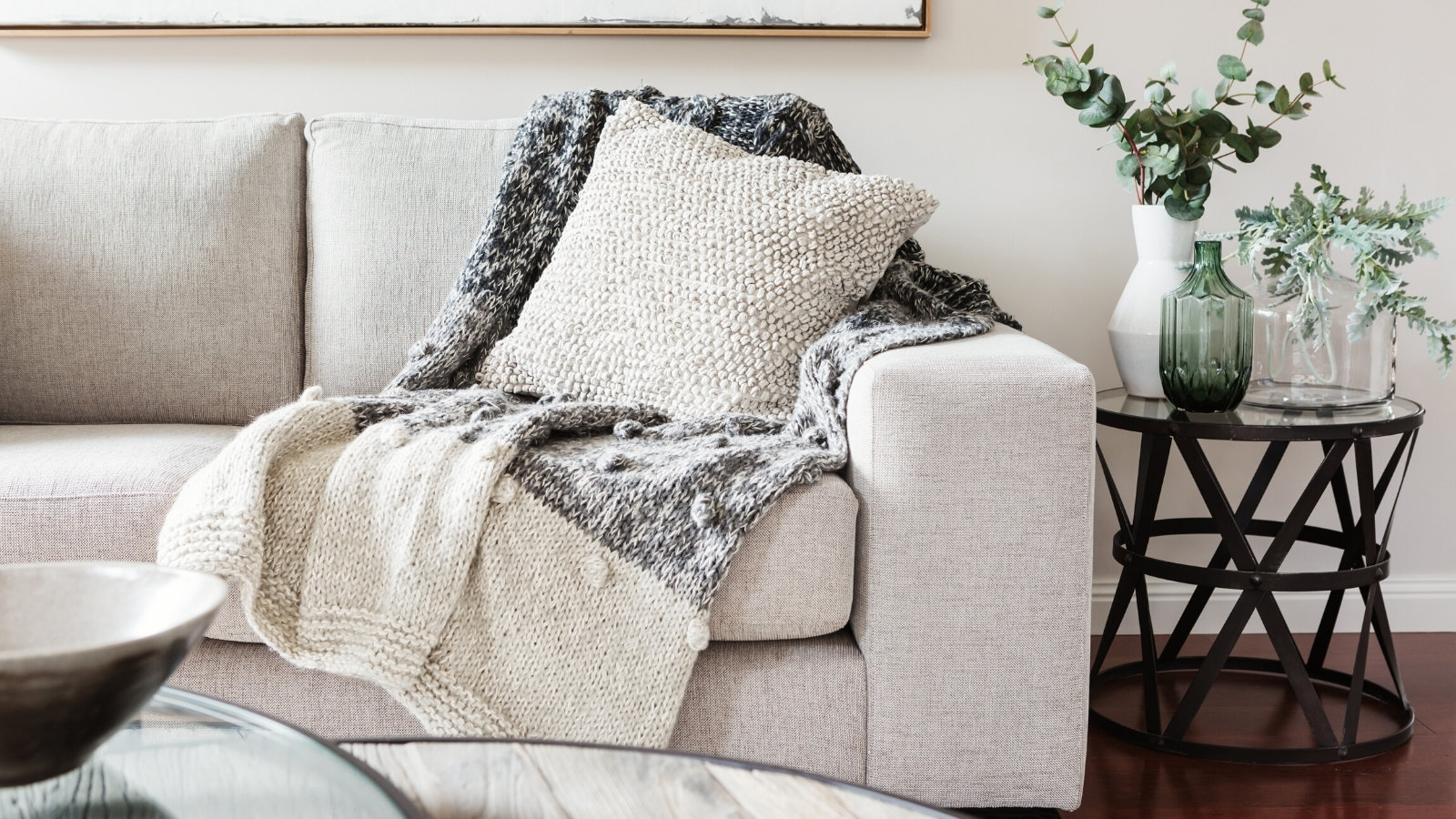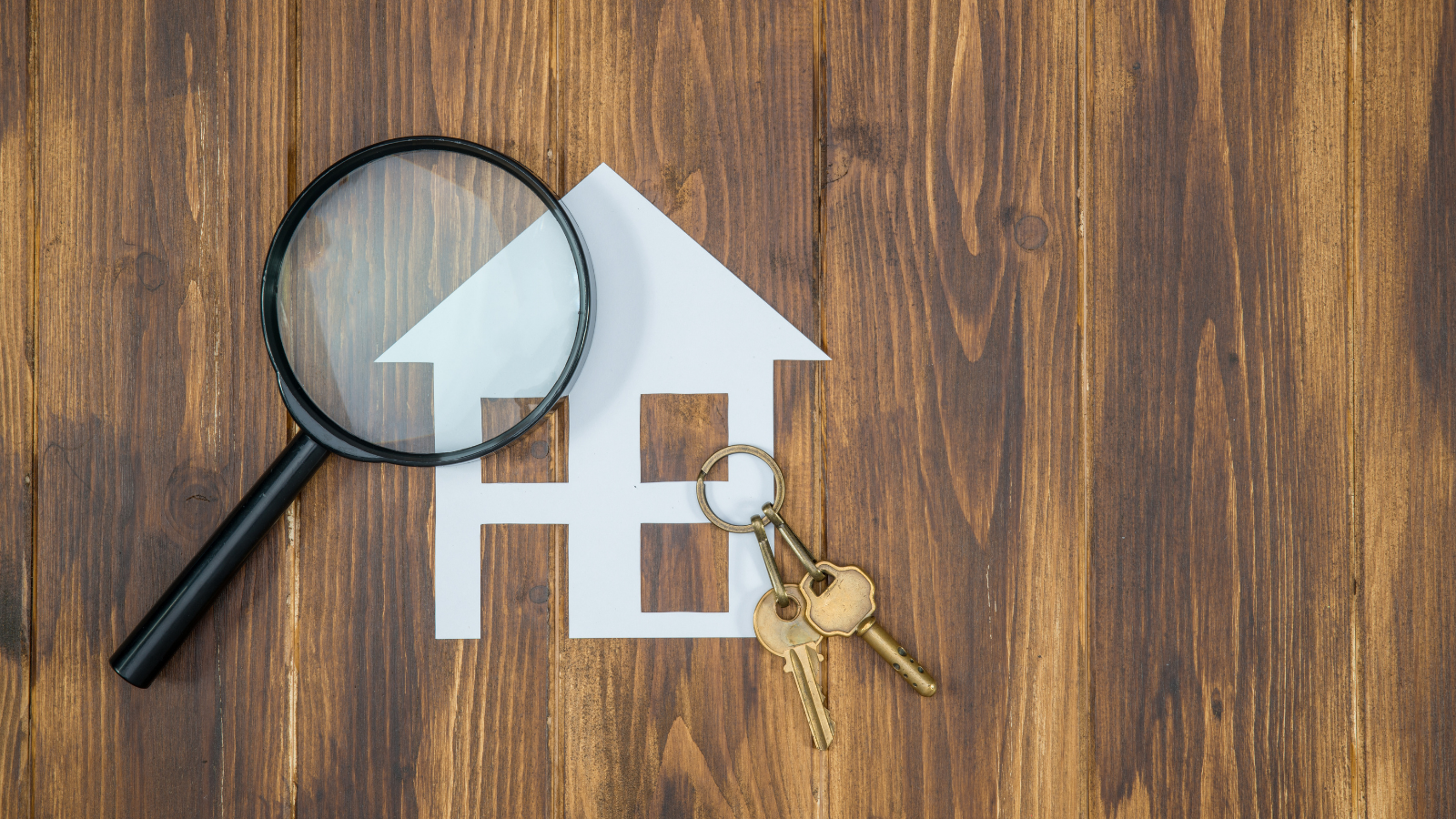Making the Most of Your Outdoor Space

Well, Saskatoon, it looks like we’ll be spending another summer close to home. With the real estate market as hot as it is right now, it’s evident that some people are taking the opportunity to upgrade their living situations. Imagine finding a home with a great outdoor space—kids’ playset included. Or what if it has a pool? How amazing will your summer be with access to your very own backyard oasis?
If it’s possible to change your primary residence to suit your desired lifestyle better, that is a great option. If you are unable to find your family’s perfect home, what can you do to improve your outdoor space? The good news is, there’s plenty you can do to enhance the outdoor area you do have while you are waiting to move!
Furnishings: Need a place to relax and enjoy your outdoor space? Purchase hardy outdoor furnishings that stand up well to our climate.
Heat It Up: A fire pit or fire table can turn your outdoor space into an inviting gathering place. Adding a heat source to your outdoor space will also increase the amount of time you can enjoy it.
Spruce Up Your Gathering Space: If you have a deck, consider sanding and restaining it to freshen it up. If you have a patio, use a pressure washer to make your blocks look new again and take care of weeds or grass growing between the blocks.

Light It Up: Not only can lights transform the look of outdoor space, but they can also add nighttime safety and security.
Add a Water Feature: A water feature can be a great focal point, easy to install and maintain and come in many affordable options and sizes. Choose from tabletop fountains to large rock features. A successful outdoor space takes all senses into account, including sound. And there is no sound more relaxing than moving water!
Make a Walking Path: Use mulch, stones slabs, or paving stones, to lead to a bench or chair in your favorite spot.

Create Privacy: There’s nothing better about living in Saskatoon than the friendliness of familiarity you’ll feel with your neighbours. But sometimes, you just want to relax without worrying that Wilson next door will hassle you the moment you open the patio door! Adding a fence can help create privacy from neighbors and boundaries from other areas of your home. In urban climates, you may want to add a privacy wall to your deck or patio as well. Creating privacy will give your outdoor space a sense of coziness.
Add Potted Plants: Simple, yet effective, adding potted plants adds an extra touch of green into your outdoor oasis, whether you’re working with a full backyard or cozy condo balcony. Plus, if you’re thinking about selling, it can be an easy way to boost your home’s curb appeal for sale, too!
Create a Shady Place: When the sun is too hot to handle, have a place you can go to escape. A pergola, canvas pole tent, curtains, or a taut piece of canvas will do the trick.
No matter what your outdoor space may look like, there are plenty of ways to boost its appeal while you are waiting to move. And if you find it still just doesn’t feel right, we can always, of course, speed up the timeline and start your home search sooner!
Home Staging: The Key to First Impressions When Selling Your Home

When you have a potential buyer request a viewing of your home, you have passed the first test. Your home meets some or most of their search criteria and the listing looks appealing enough for them to want to see more! One of the most important things you can do now to ensure your home makes a great first impression for buyers, both online and in person, is to stage your home.
Why Stage a Home For Sale?
Home staging has been growing in popularity for many years in the real estate industry. It’s important to understand that staging goes much further than placing furniture in a home that is going on the market for sale. The prime reasons staging has become commonplace is due to consumer demand and the increase of online home shopping.
Most, if not all, buyers first see a home online, so the listing photos matter…a lot. If your home is too cluttered and the photos are not appealing, the buyer may not even take the time to look in person. Sometimes all it takes is the wrong first impression for a potential buyer to dismiss your home entirely. If you don’t wow them at first, chances are you won’t wow them at all!

What is Home Staging?
Staging uses design and conceptualization techniques, and it might not seem like a big deal but staging your home makes a big difference when you’re trying to get the best possible price on the sale. People are more likely to purchase a home when it feels like a home to them. You want them to be able to picture their own things in your home, not view all of your family photographs and knicknacks. Staging helps people imagine themselves living in your space.
Is Home Staging Important to Sell a Home?
Home staging is effective because it emphasizes a property’s strengths and minimizes its weak points. It allows your home to be shown at its maximum potential, presenting a well-cared for home and creating a property that gives a positive first impression. It attracts the attention and admiration of house hunting buyers, and encourages them to consider how your property fits their requirements. According to the Real Estate Staging Association, staged homes spend 73% less time on the market than their un-staged counterparts.

Because homes are one the most valuable assets a seller has, it just makes sense to maximize your profit for a quicker and more seamless sale. Now more than ever, buyers are looking to simplify their lives. Staging and proper preparation are crucial elements of your home’s overall marketing plan. As your trusted real estate agent, I will work with you to determine whether staging is important for your home and to what degree. If it means a smoother sale, it’s worth taking on the task!
Seller’s Market: What It Is & How You Can Capitalize On It!

Have you taken the time to browse through the listings in Saskatoon? If you have, you may have noticed a lack of options available, especially homes ranging in price between $300,000 and $500,000. It’s all thanks to the seller’s market that we are currently experiencing!
Seller’s Market vs Buyer’s Market vs Balanced Market
Understanding the difference between a seller’s market, a buyer’s market, and a balanced market is important no matter if you’re buying a home, selling a home, or trying to do both at the same time.
A seller’s market signals that there is more demand for homes than there is supply. A buyer’s market, on the other hand, happens when there’s ample supply but less demand. In a buyer’s market, not only is there more inventory to choose from, but sellers must compete harder for the attention of buyers. In a seller’s market it’s the buyers that are in competition with each other.
Buying in a balanced market is a much more predictable endeavour. With an equal ratio of buyers and sellers, home prices stabilize and the atmosphere of transactions are more relaxed.

Before the Hunt Begins
A seller’s market favors sellers, since they have leverage over potential buyers. With a pool of eager buyers hoping to purchase their home, some sellers may see competing offers, bidding wars, and contracts favoring the seller. Some buyers may even forgo common requests, like home inspections, to make their offer more appealing! And it’s not uncommon for a house to sell for at or above list price in a seller’s market (here in Saskatoon, the benchmark price for single family homes this November was $323,400, up from $306,500 just 6 months ago and up from $306,500 a year ago!). In this type of market, some properties may be purchased by all-cash buyers, who can typically close faster than a buyer who needs to finance the purchase.
In addition to a seller’s market affecting the sale price favorably for sellers, there are other parts of the process that can be affected. The average time it takes for a home to sell is typically less in this type of market. For instance, in November, homes in Saskatoon averaged just 51 days on the market compared to 65 in 2019 and 74 in 2018, this is close to our 8 year low of 50 in 2014. Homes can also sometimes be in such high demand that they never officially get listed, instead they sell through what is known as the “back pocket”. This means the listing agent may first look to their personal network for a buyer or private deals before publicly listing the property.

How Can a Seller Capitalize on a Seller’s Market?
The best way to capitalize on a seller’s market is to work with an experienced local REALTOR®. We will ensure your home is priced “right” and marketed well. This is key in a sellers market, you want to ensure buyer’s don’t pass by your home if you are pricing too high.
With the “right” price your home could receive multiple offers and possibly even achieve over asking. Then, once there are offers on your home, we will help you understand the differences between those potential multiple offers, ensuring you choose the one that will best suit your needs and get you the most for your home. It’s possible you’ll be tempted to accept the first offer you receive, but if you have just a bit of patience in this market, with the help of your REALTOR® you could possibly see a higher offer!
If you’re thinking of listing in today’s seller’s market in Saskatoon, the best place to start is to determine the value of your home. Contact me for your free custom market evaluation today and let’s get started on getting you more for your property!
7 Ways to Boost Your Home’s Curb Appeal for Sale

Curb appeal is one of the most important selling factors for a home. It’s the very first impression potential buyers ever have, and it can even be the make-or-break factor that decides whether they even step inside the door at all. That’s why, if you’re planning on selling your home, it should be one of the first places you focus your home-staging efforts to ensure a quick and seamless sale!
Give It a Good Clean
Dirt and grime on the exterior of a home very rarely accumulate in just one day, so it’s easy not to notice the subtle build-up over time. To us, it may not necessarily feel unclean because we saw it just yesterday and it looked just the same! But to a potential buyer, that slightly “off” tinge can stick out like a sore thumb.
Take a pressure washer to the outside of the home to blast away dirt, grime, and cobwebs. And if you’ve got a paved driveway, don’t forget to give that a spray, too—you’ll be amazed at just how much of a difference a bit of water can make! Don’t forget about the windows and gutters, as well.
Give It a Fresh Coat of Paint
Whether the colour is looking out-of-place for current style trends or the weather has just taken its toll, a fresh coat of paint can always be a good ideal for boosting your home’s curb appeal for sale! To refresh the existing colour, simple scrape off a small bit of the paint and bring it to your local paint store to have it properly matched. Or, to give the house a completely new appearance, find a nice, neutral shade and complimentary colours for the trim and doors that can give it the facelift it needs! No matter which you decide to do, though, don’t forget to prep the surface to ensure long-lasting performance.

Consider Installing Vinyl Siding
While it may add a bit of work to your plate up-front to install, vinyl siding can not only boost curb appeal, but it may even help to boost your home’s value, too! Very durable and incredibly low-maintenance, potential buyers will love how much time they will save when the only upkeep they’ll need to do is a quick spray with a power washer every so often! Plus, if you’re really set on having colour, you can even buy it in a wide variety of hues that will never need a refresh of paint ever again!
Check the Roof
If you’ve had the roof repaired or replaced in the last couple of years, there’s a good chance you might not have to do much more than a quick cleaning job to clear away dirt and lost artifacts that always seem to make their way up there. However, if it has been a while, you may want to bring in a roofing professional to give the proper maintenance that it might need. Not only can this add to curb appeal, but potential home buyers will also be much happier to hear they won’t have to worry about potential costly repairs in the near future should bad weather hit.

Love on Your Landscape
Especially in summer, nothing sticks out more than an un-mown lawn with leaves, sticks, and debris flung across it. It gives the home the appearance that care hasn’t been taken in maintaining the exterior, and almost immediately the mind anticipates that the interior will be much the same.
To ensure your landscape is in tip-top shape to offer the most curb appeal possible, be sure to regularly mow your lawn when in season, and prune overgrown shrubs and trees. If you have a garden, spend some time weeding and mulching to add a polished look, and maybe pop in a few annuals for some colour. If you don’t have any garden space, you can still add some colour with a few potted plants by the door, too!
Other Small Ways to Boost Your Curb Appeal
Consider replacing house numbers. Old house numbers that are weathered and falling off not only make it harder for potential buyers to find your home, but it can take away from all the hard work you’ve done to spruce up your exterior!
Update old hardware. All potential buyers see when they notice a falling apart mailbox or a loose doorbell is more time and money they would have to spend if they were to buy your house.
Check exterior bulbs. It’s easy to forget about the bulbs we never look at once we’re in the house, but if you ever have an evening viewing, it’s hard for buyer’s to miss!
If you want your home to make the best first impression with potential buyers, a little time spent in boosting your curb appeal can make a world of difference. And it doesn’t have to be a terribly costly affair either! Even by doing just a couple of these property pampering projects, you can really amp up the WOW factor to get possible new homeowners excited to get inside and see what it’s all about!

 Facebook
Facebook
 X
X
 Pinterest
Pinterest
 Copy Link
Copy Link















